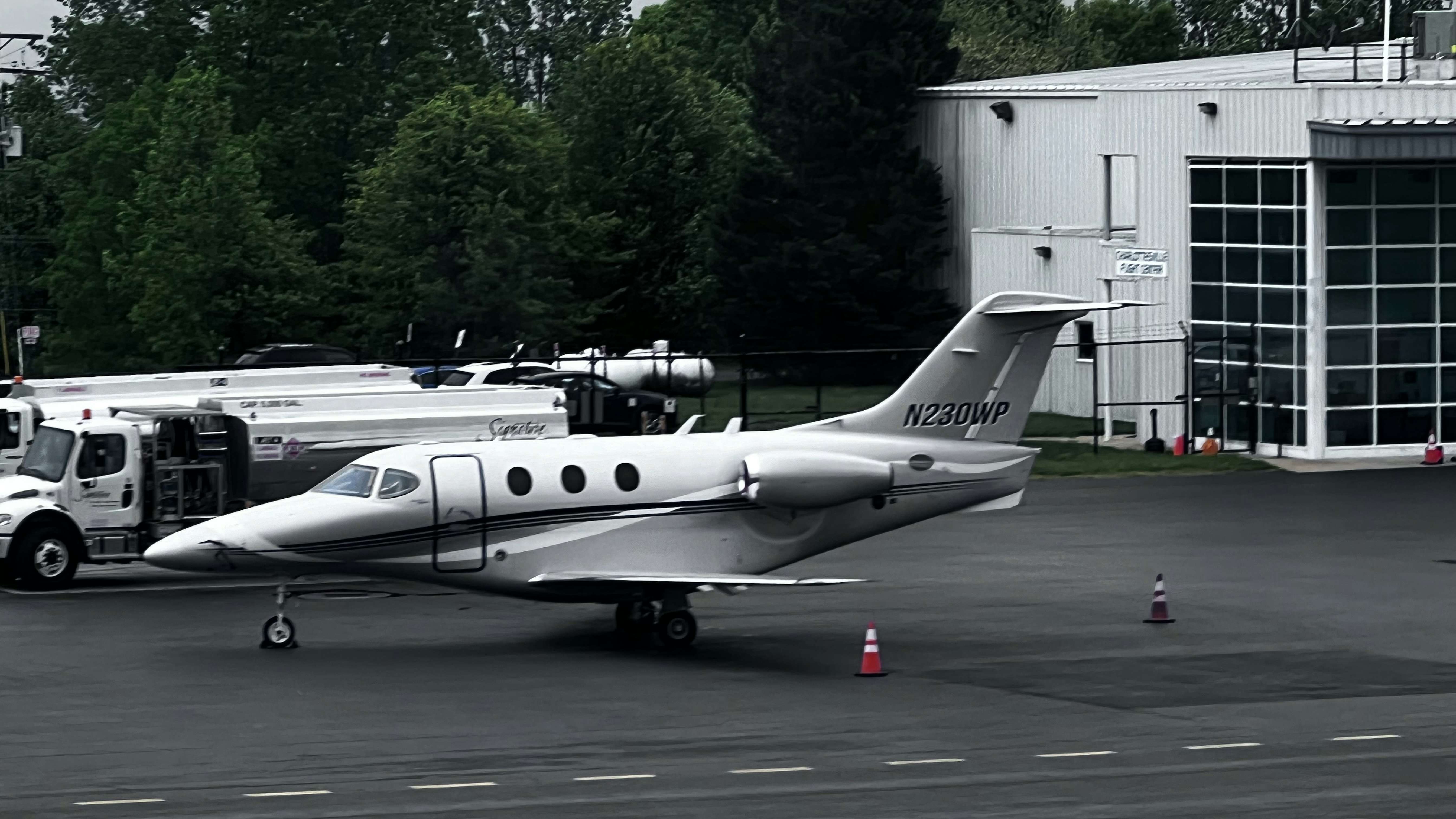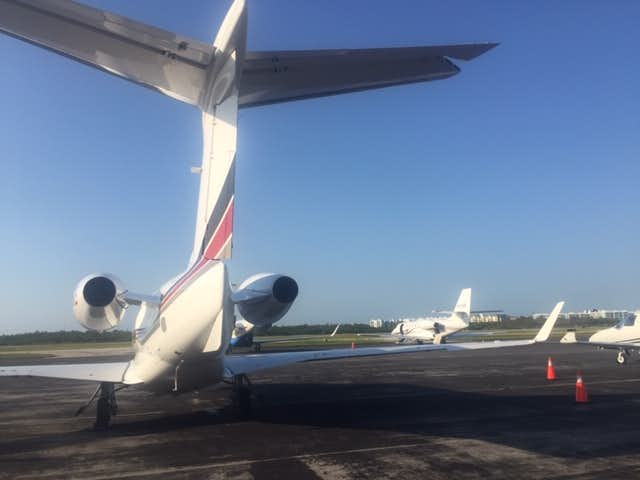

There’s innovation, and then there’s innovation that truly provides tangible benefits.
The Distance Card from Airstream Jets has always fallen into the latter in my opinion.
While jet cards make flying easy, figuring out pricing is anything but. Yes, in most cases you know your one-way rate, meaning you don’t have to worry about repositioning fees.
And yes, it’s articulated in hours. But is it actual flight time, or is it estimated flight time?
And then with actual flight time, you don’t truly know how much the flight cost you until after you landed.
With estimated flight time, your provider necessarily has to come up with a number that protects them against vectors because of the weather or ATC holds.
In other words, estimated flight time has to be some type of average. That means a portion of the time, the actual flight time will be less than the estimated flight time.
Then there are daily and segment minimums. And of course taxi time, and whether it’s included or added to the minimums.
And don’t forget fuel charges or amortizing membership fees for those programs that charge them.
The Distance Card is a jet card that uses miles as its currency.
It’s pretty straightforward. The cost of your flight is miles flown and the cost per mile is based on the distance of your flight and the cabin size of your plane. You do have to add 7.5% Federal Excise Tax as applicable, and there are minimum charges – 100 miles per segment and 500 miles per day.
A 1,000-mile flight on a midsize jet with a guarantee of seven seats is $15,000.
I did that in my head. You can see why from the chart below, the rate card for the jet card from Airstream Jets.
The Distance Card app, released last week brings that simplicity to your smartphone.
Once you sign-in, a rotating menu asks you to select a trip type:
For Multi-Leg trips, you can enter up to four legs.
You enter flight dates.
Then you enter departure and arrival cities or airports. You can enter the city or airport code and you get relevant auto-options.
I tried a number of cities and airports and it worked well, except for some reason I just couldn’t get Opa Locka in Miami to load until I realized there is a dash, so I should have entered Opa-Locka.
I also couldn’t find it entering OPA. Of course, the correct three-letter code is OPF. I only mention this because it pays to know what you are looking for.
That said, it also allowed me to enter an airport with a dirty runway in Atlanta. It also gave me trip pricing.
Airstream’s CEO Peter Maestrales tells me its jet card contract already covers useable airports, which among other requirements includes at least 5,000 feet of a paved runway.
However, in the future, he is looking to eliminate those identifiers out of the app database to reduce the clutter.
It would be a good move particularly if you are flying someplace out of your normal trip pattern and want to find relevant airports.
That said, the app automatically includes peak day charges as well as international charges.
When you buy a Distance Card – either $25,000 or $100,000, the 7.5% FET is collected over and above your deposit, so it’s not necessary to add it to your flight cost.
One could rightfully argue that Airstream’s mileage formula is an average like estimated flight time. However, while Jet Card A’s estimated flight time is different than Jet Card Z’s estimated flight time, and you would have to call both companies for route-specific quotes, mileage is transparent.

